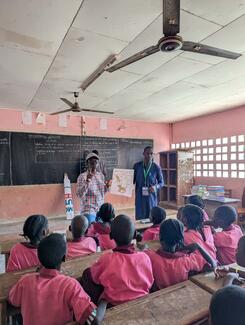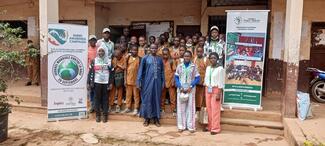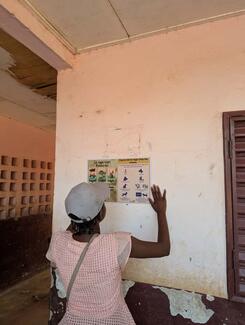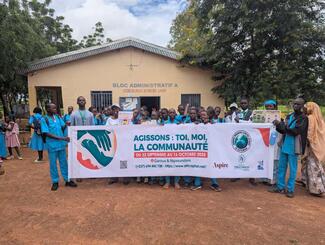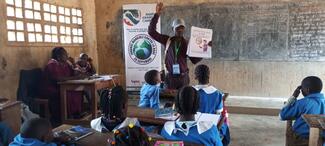
In Cameroon, rabies is endemic and considered a priority disease among the 15 neglected tropical diseases (NTDs) prevalent in the country. The persistence of rabies in disadvantaged communities empirically associated to several factors including lack of awareness, underreporting of animal bites, inadequate access to healthcare and to postpost exposure prophylaxis (PEP) specifically, and uncontrolled canine rabies transmission. Studies have shown that higher levels of awareness are associated with increased reporting of dog bites, highlighting the importance of education in prevention efforts.
Aligned on the United Against Rabies target of zero human deaths from dog-mediated rabies by 2030, the activities APHSN Cameroon NWG propose for this session of the World Rabies Day aim at enhancing prevention through increased awareness and critical education among the school-aged children population in the North and Adamaoua Region of Cameroon.
Specifically, we will used adapted communication tools, to raise the awareness of school-aged children on:
- Dog bite, Bite prevention strategies and responsible dog ownership
- Rabies epidemiology, transmission, and presentation
- as well as first aid in case of dog bite and best practices for the prevention of rabies
The campaign reached 897 pupils in seven schools in the North and 815 pupils in six schools in Adamaoua.
The pupils and teachers who received training are now able to educate their peers.
Event images
